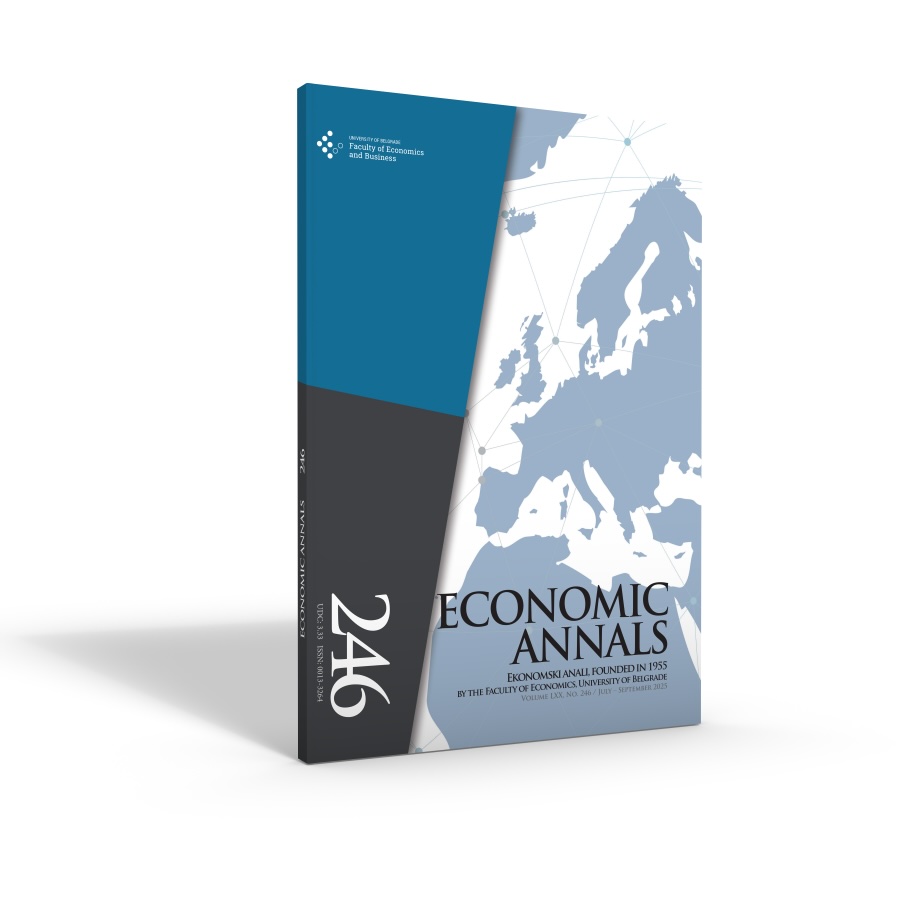EXCHANGE RATE PASS-THROUGH AND INFLATIONARY DYNAMICS IN BANGLADESH: A COINTEGRATION AND VECM ANALYSIS
##plugins.themes.bootstrap3.article.main##
##plugins.themes.bootstrap3.article.sidebar##
Jillur Rahman
Abstract
This paper analyses how deviations in nominal exchange rates have an effect on domestic prices – also known as exchange rate pass-through (ERPT) to inflation – in Bangladesh using time series data from 1989 to 2022 and employing the econometric methods of the Engle–Granger 2-step cointegration model and the Vector Error Correction (VECM) model. Understanding the extent of ERPT is important as it has consequences for domestic and export prices and exchange rate stability. This paper confirms the significant negative impact of escalating nominal exchange rates on inflation, i.e., devaluation of the taka leads to inflationary burdens within the internal economy. The VECM model shows that a one-per-cent decrease in the nominal exchange rate tends to raise inflation by 0.76 per cent, while the corresponding longrun impact as reflected through the Engle– Granger estimation is 0.89 per cent. These results bear important policy implications for managing prices and incentivising exports.
##plugins.themes.bootstrap3.article.details##
exchange rate passthrough, inflation, Engle–Grainger 2-step cointegration, Vector Error Correction Model (VECM), Bangladesh


 https://orcid.org/0009-0001-3764-7487
https://orcid.org/0009-0001-3764-7487